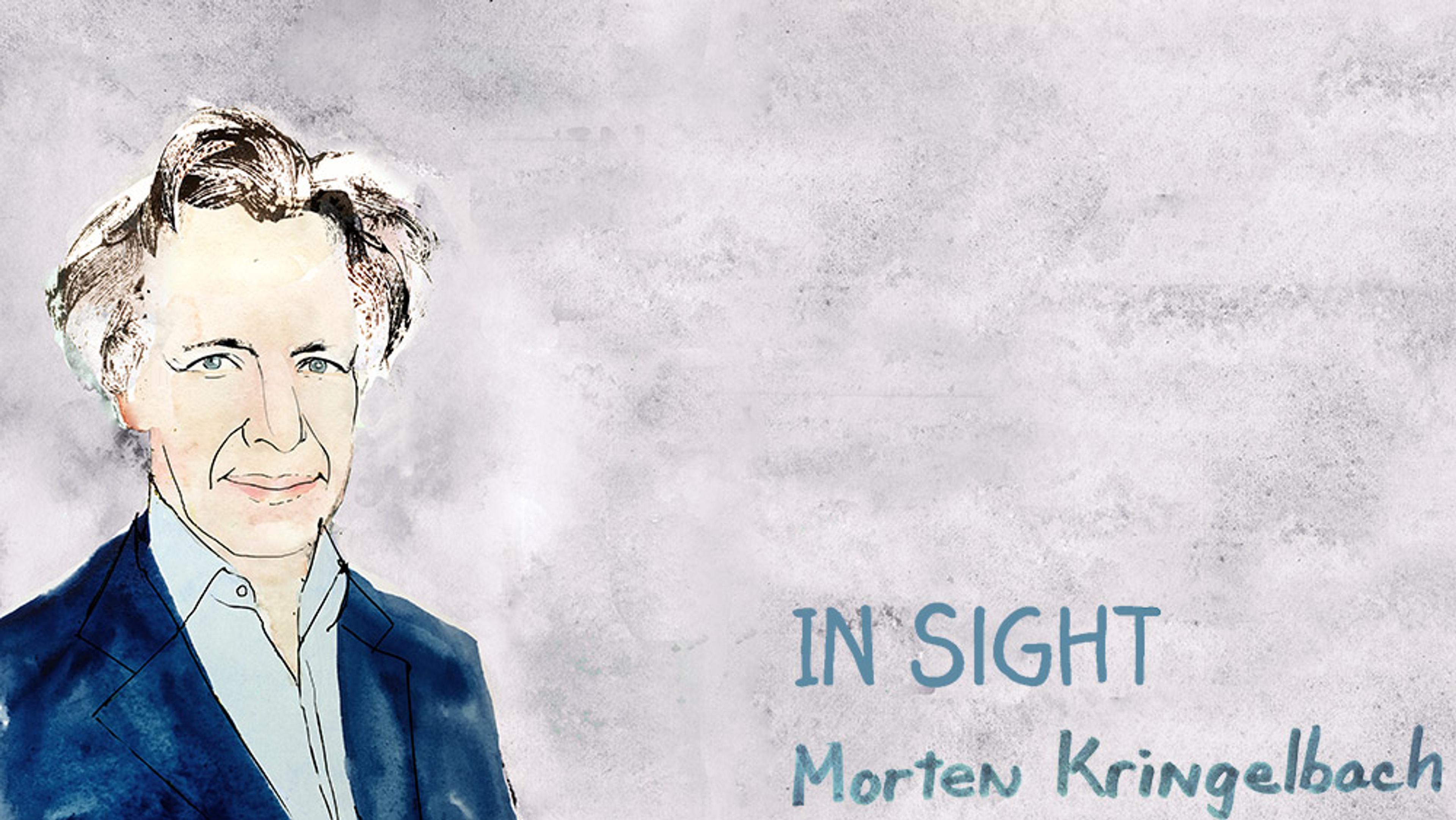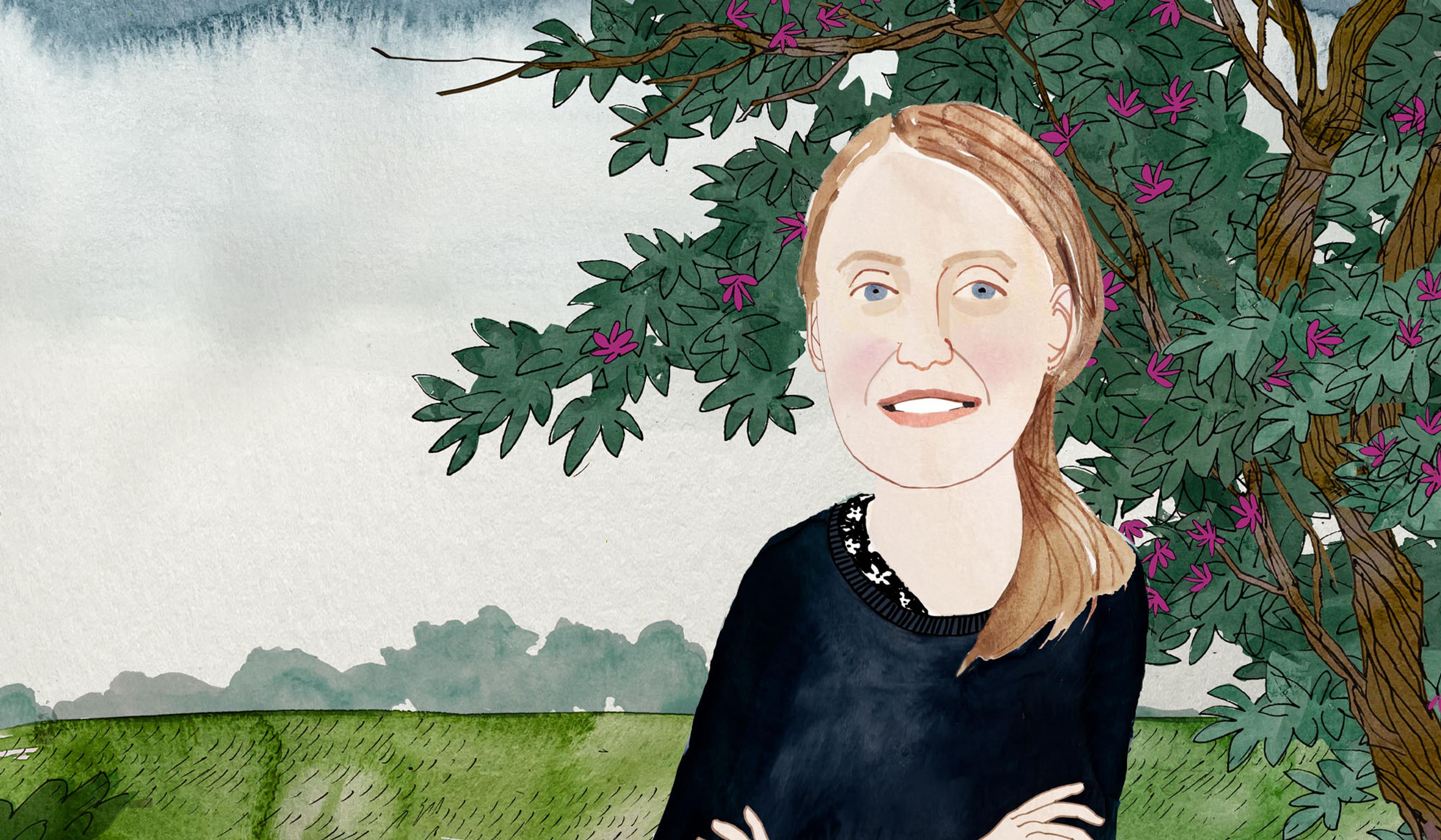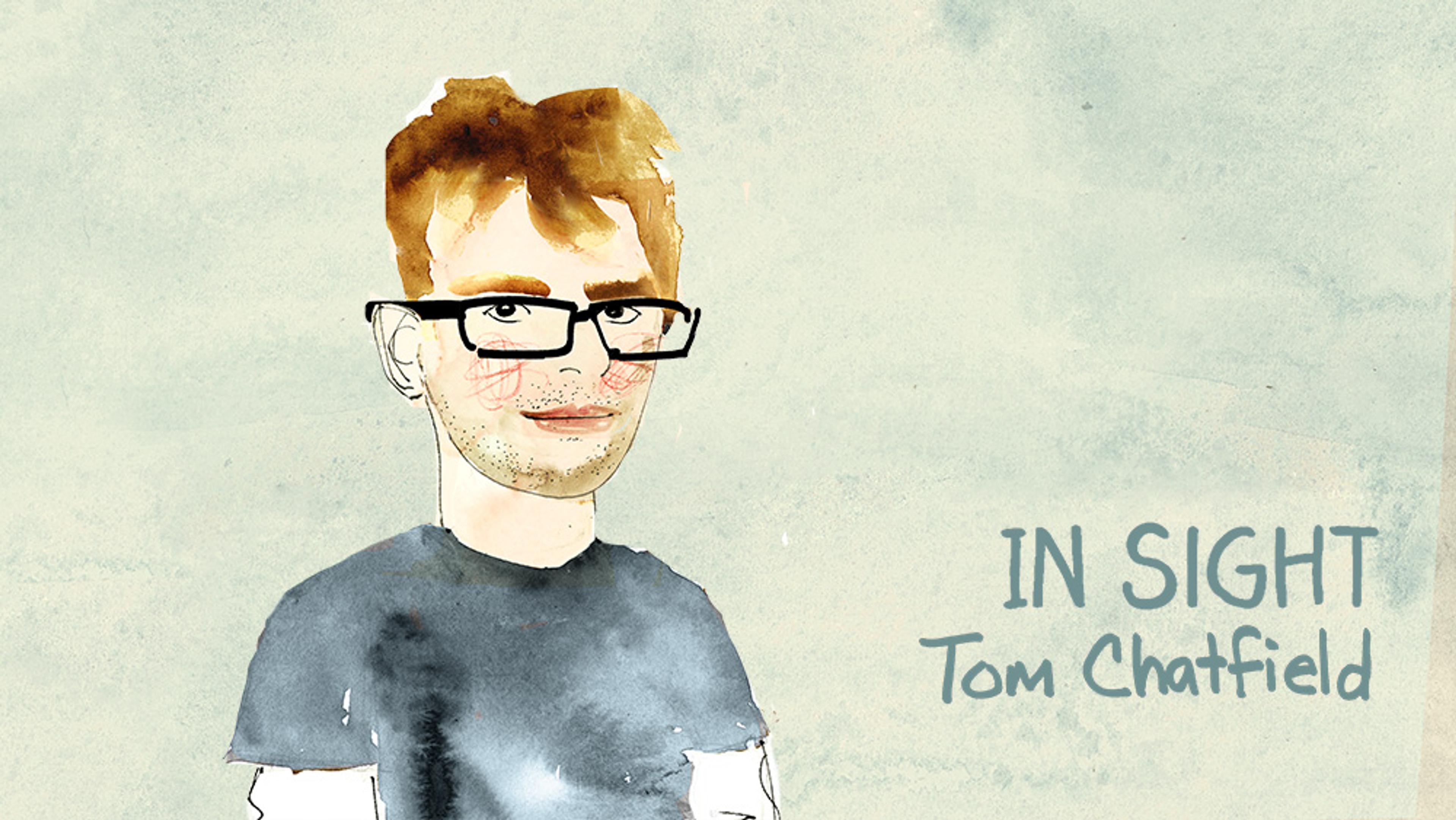Like breathing, sleeping and eating, playing is innate in humans. But unlike those other functions, which could easily mean the difference between a long life and an early death, the usefulness of play isn’t quite as obvious. Brains at Play investigates play through the work of Jaak Panksepp, professor of integrative psychology and neuroscience at Washington State University, who conducted pioneering research on play. By performing surgery on rats, Panksepp discovered that the instinct to play exists in the primitive part of the mammalian brain, and has surprisingly important implications for social development.
Playing distracts us from many vital activities. Why did we evolve to love it?
Producer: John Poole
Website: NPR Ed

videoPhilosophy of mind
Caring for the vulnerable opens gateways to our richest, deepest brain states
7 minutes

videoPleasure and pain
A happy life is built on pleasures such as sex and food, but also company and variety
7 minutes

videoPhilosophy of mind
Embodied cognition seems intuitive, but philosophy can push it to some strange places
14 minutes

videoCognition and intelligence
There’s a lot more to conversation than words. What really happens when we talk
6 minutes

videoCognition and intelligence
How a ‘periodic table’ of animal intelligence could help to root out human bias
5 minutes

videoPhilosophy of science
What toddlers can teach us about how the human brain does science
10 minutes

videoNeuroscience
What will we do when neuroimaging allows us to reconstruct dreams and memories?
4 minutes

videoAutomation and robotics
If we are what we do, how can we stay human in an era of automation?
7 minutes

videoNeuroscience
Parents have long suspected Pokémon rewires kids’ brains. Now there’s evidence
7 minutes